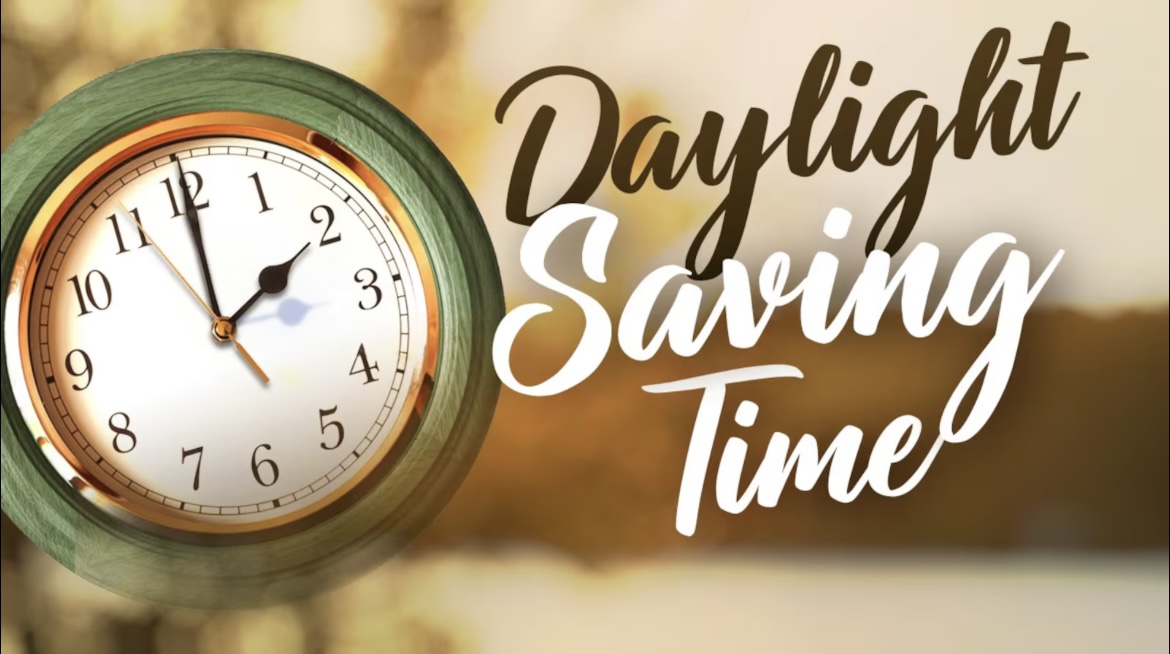Daylight Savings Time begins Sunday, meaning you’ll lose an hour of sleep, but gain an hour of daylight.
Despite talks at the Federal level to end Daylight Saving Time, the bills are stuck in committees and haven’t advanced.
According to CBS News, the origins of daylight saving time have been attributed to various people and reasons. Fingers are often pointed at farmers as the originators of the practice so they could have more daylight. Still, farmers didn’t necessarily support the time change when it was adopted in the early 20th century. Some have said Benjamin Franklin started the practice back in 1784 when he wrote a satirical essay for the Journal de Paris proposing regulations to ensure early risers.
But clocks started to roll back in 1916, when Germany became the first country to observe daylight saving time to conserve fuel, according to the Congressional Research Service. Other European countries followed suit, and in 1918, the U.S. started using daylight saving time.
The following year, in 1919, United States Congress repealed daylight saving time over the veto of then-President Woodrow Wilson. States were given the option to continue the practice.
During World War II the entire country started to observe daylight saving time year-round. In 1966, the Uniform Time Act established the system Americans use today, with the clocks falling back in November, and springing forward in March.
Any content which is considered unsuitable, unlawful, or offensive, includes personal details, advertises or promotes products, services or websites, or repeats previous comments will be removed.
User comments posted on this website are solely the views and opinions of the comment writer and are not a representation of or reflection of the opinions of TNN or its staff.
TNN reserves the right to remove, edit or censor any comments.
TNN accepts no liability and will not be held accountable for the comments made by users.

